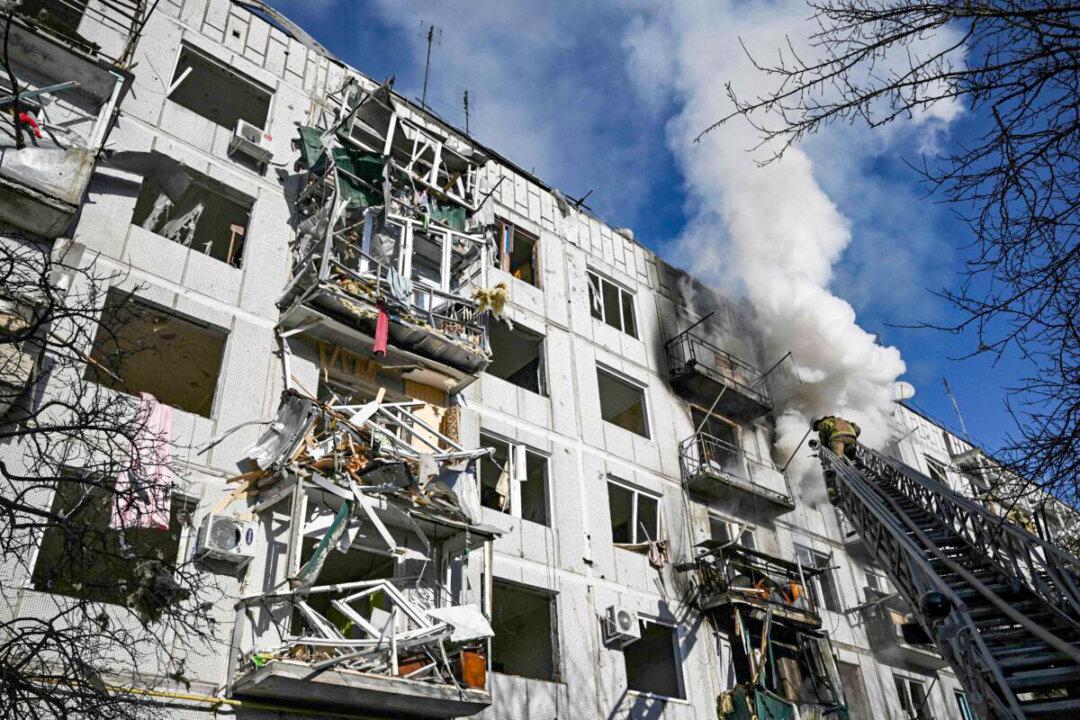News Analysis
As deadly missiles rain upon Ukraine from a fateful and ill-conceived decision by Vladimir Putin to invade, one prominent country stands with the Russian dictator: China.

As deadly missiles rain upon Ukraine from a fateful and ill-conceived decision by Vladimir Putin to invade, one prominent country stands with the Russian dictator: China.